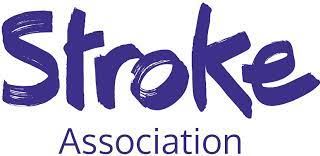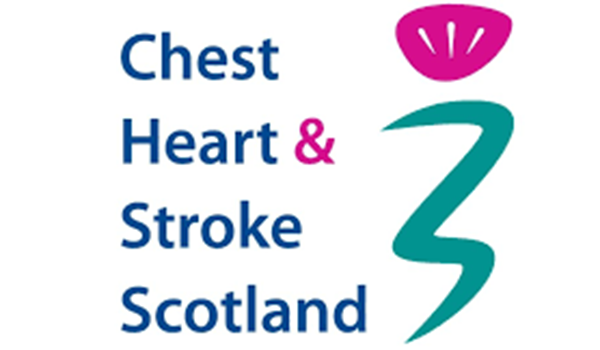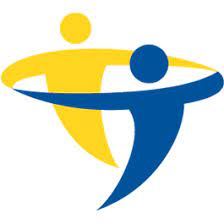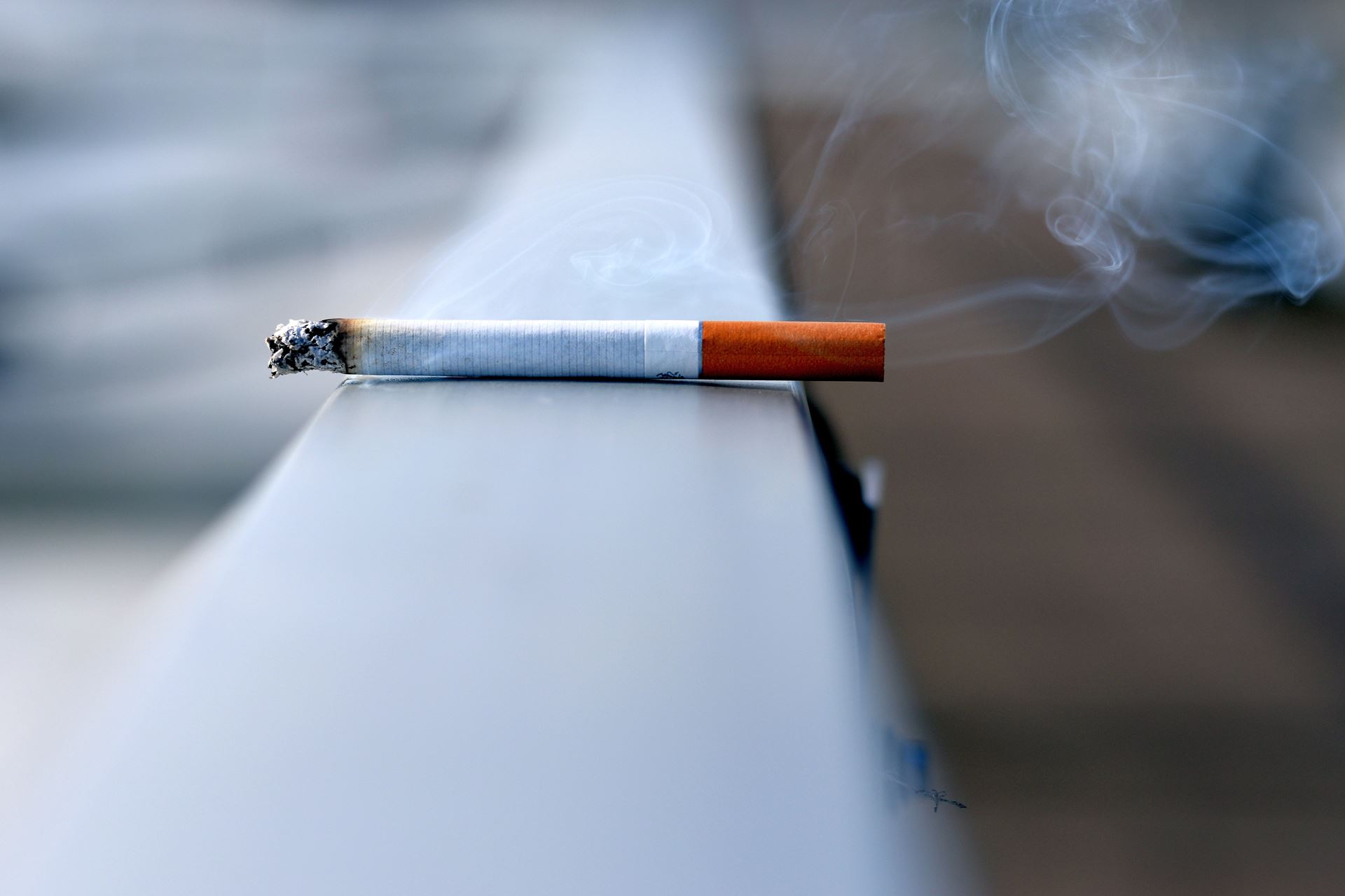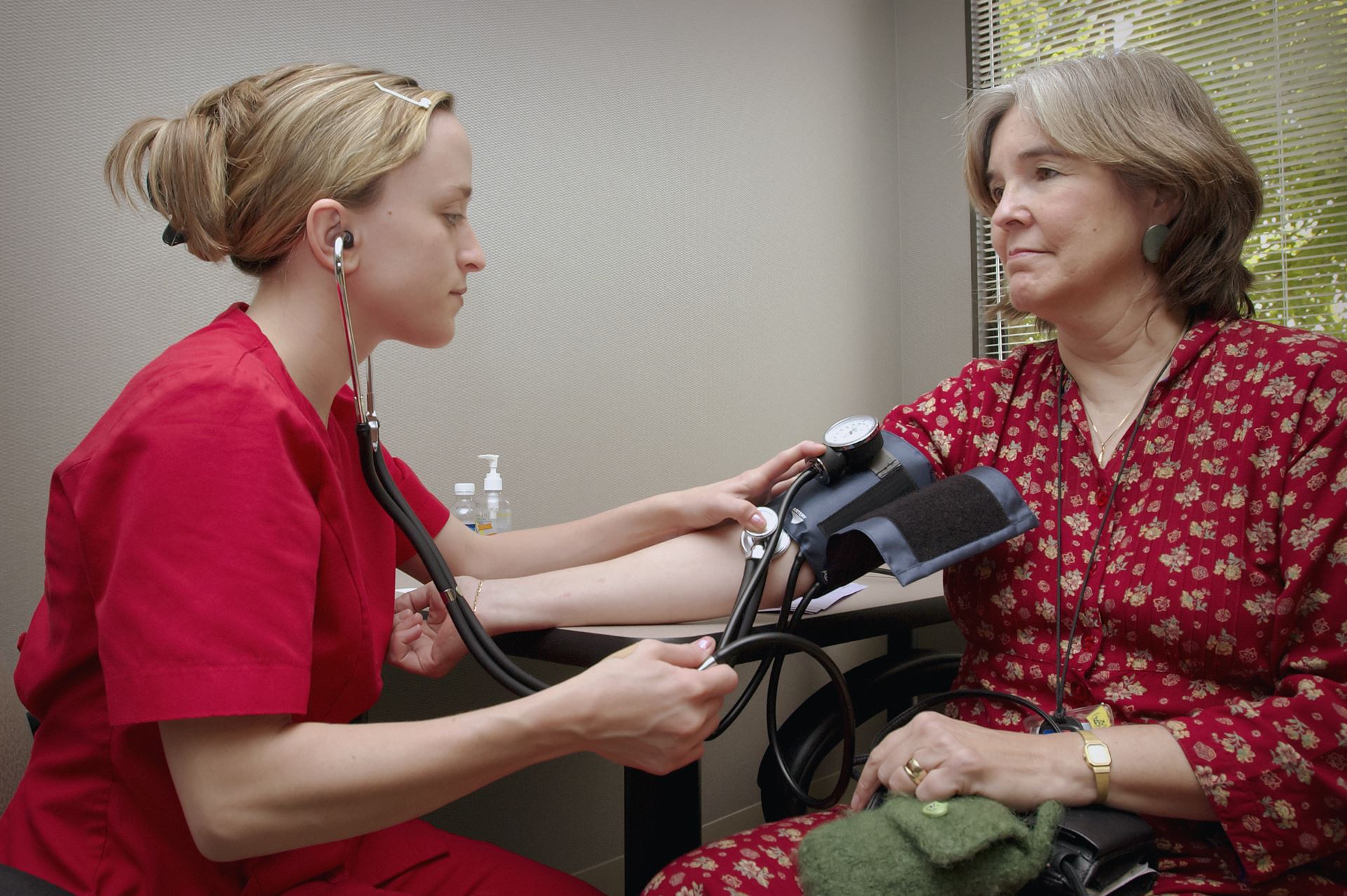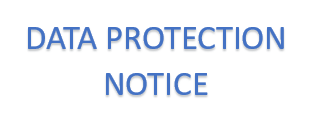Stroke
Stroke & Mini-stroke (TIA)
Stroke is a serious medical condition where the blood supply to part of the brain is suddenly cut off causing a lack of supply oxygen and nutrients that causes subsequent brain damage.
Transient Ischeamic Attack (TIA), also known as mini-stroke can have the same symptoms of a stroke but are, as the name suggest transient and the symptoms fully resolve.
This page contains information about:
- Stroke & TIA's
- how to reduce risk factors for having stroke or further strokes.
- common issues with recovery and living with the condition
- local community and further online support
- Annual review details
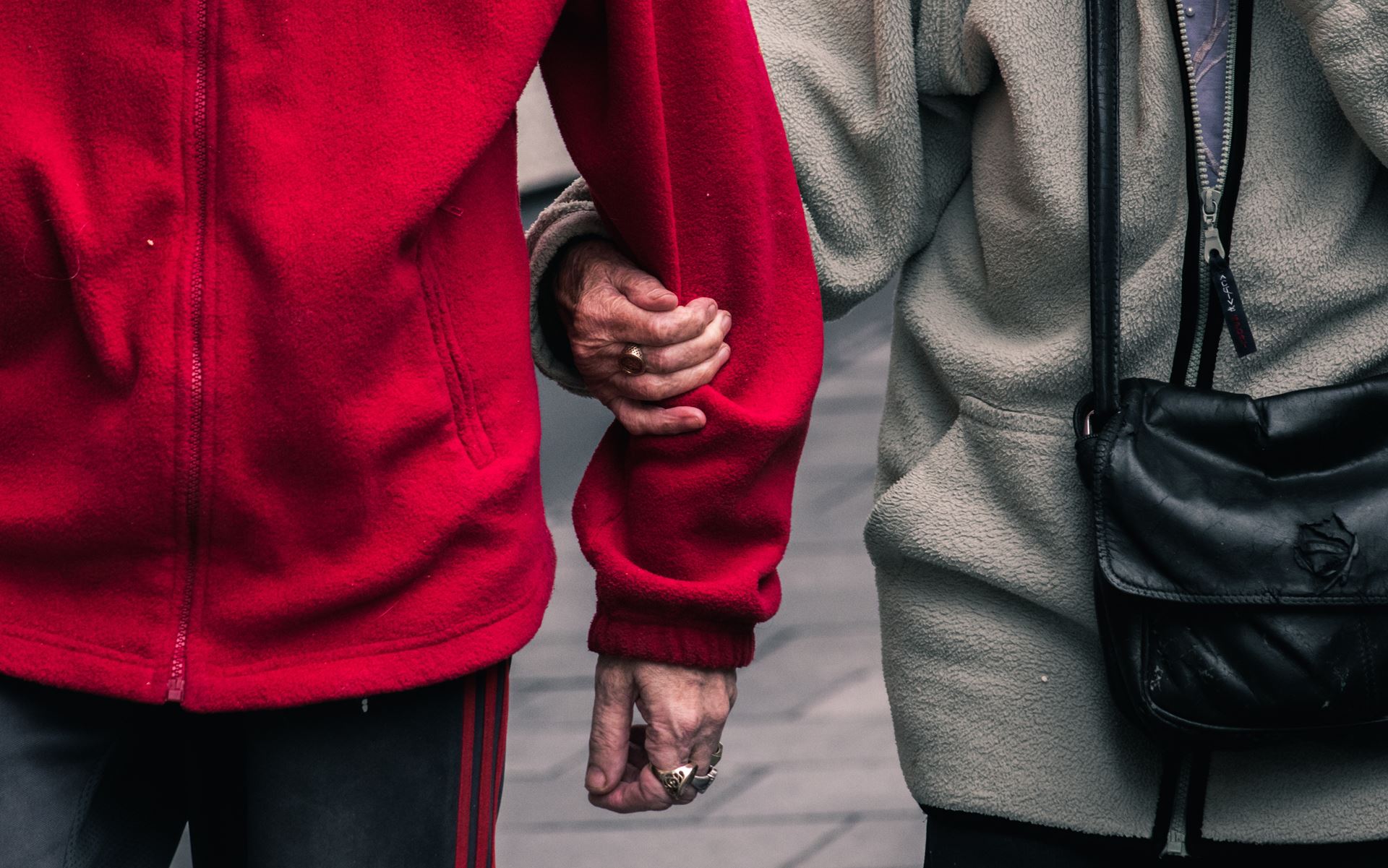
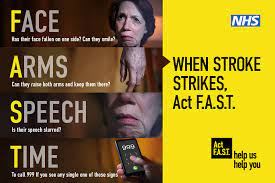
Stroke Symptoms
Symptoms of stroke can vary depending type of stroke but the main symptoms to be aware of are sudden weakness in face, arms or legs, and slurred speech.
These symptoms are an medical emergency and you should call 999 if you see this. Often the sufferer will not recognise there is a problem, it is often up to others who witness the signs to recognise the problem.
Remember the acronym FAST.
F- Facial weakness - Is there mouth drooping to one side?
A- Arm Weakness - Are they able to lift their arms?
S- Slurred Speech- Is their speech slurred?
T- Time is of the essence- don't delay, call 999
Stroke Association
The Stroke Association is another excellent website that has wealth of information and resources:
- information on stroke support
- telephone advice helpline
- useful stroke guides and discussion forums providing information and advice on stroke recovery
- advice on caring for stroke victims.
Chest Heart & Stroke Scotland Support
The Chest, Heart & Stroke Scotland website has some great information, resources, and support people and thier families who have suffered a stroke.
They have further helpful information on:
- What a stroke or TIA is
- Recovering from stroke
- living with stroke & general wellbeing support
- peer suppport groups
- Carer Support
Edinburgh Community Stroke (ECSS) and Support Services
Sufferers who have had a stroke can significantly affect their ability to live independently. Certain activities are commonly affected are:
- personal care and getting dressed
- mobility
- preparing meals and feeding oneself
- taking medication
- transferring from chair or beds
- communication issues
- swallowing difficulties
If you or who you care for needs help with the above, contact Social Care Direct via the Edinburgh Council for further assessment with the Edinburgh Community stroke service (ECSS)
Tel : 0131 200 2324
or access the link to complete an online form click here.
What can the ECSS team provide for stroke sufferers?
The ECSS is a multidisciplinary stroke specialist team made up of:
- Physiotherapists
- Occupational therapists
- Speech and language therapists
- Neuropsychologist
- rehabilitation physician
- employment advisor
Together they provide comprehensive rehabilitation for newly diagnosed stroke sufferers or those who needing re-assessement from a previous stroke.
Support is provided through attendence to weekly sessions at the rehabilitation centre or if mobility and transport is significantly impaired, support can be provided through home visits.
Edinburgh Community Stroke Services
Edinburgh Community Rehabilitation and Support Services
62 Longstone Street
Edinburgh EH14 2DA
Phone: 0131 443 3837
email: ECSS@edinburgh.gov.uk
Life after Stroke
Managing day-to-day living can be very challenging after having a stroke.
Common issues include:
- Emotional stress and depression and anxiety symptoms
- Fatigue
- cognitive impairment
- neuropathic pain
- mobility and falls
- stiffness, weakness and spasticity in affected arms and legs
- communication
- eating and drinking.
The Stroke Association has some excellent, useful, practical advice about how to manage the above issues.
CLICK HERE FOR MORE INFORMATION
or call their hotline number: 0303 3033 100

NHS Lothian 'Life after Stroke' Clinic Service
NHS Lothian run a weekly 'Life after Stroke' Clinic at Royal Infirmary Hospital in the south side of Edinburgh.
The service is suitable for people who have ongoing problems post-stroke or TIA e.g. fatigue, emotional distress, cognitive impairment, of for new problems that develop over time e.g. neuropathic pain, or where the diagnosis is uncertain and requires review.
Access to this service requires our clinical team at Bangholm Medical Centre to initially assess the issue before a referral can be made.
Vocal - Carer Support
Caring for someone who has had a stroke can be understandably stressful for friends, families and unpaid carers involved.
Vocal provides local support for carers including:
- Practical support on issues like dealing iwth emergencies, adaptation and equipment advice, transfer from hospital
- information on benefits & grants, information on legal carers rights
- carer councelling support
T: 0808 196 6666
E: centre@vocal.org.uk
Driving rules after a stroke- DVLA guidance
Current guidance from the DVLA states, by law, a person must not drive for a month after suffering from a stroke or TIA.
Thereafter, the rules become more complicated and depend on what residual disabilities the person has. The Stroke Organisation has some excellent guidance on driving after a stroke click here.
Annual Clinical Review of stroke sufferers.
The Clinical Team at Bangholm Medical Centre will review your medical records every year, usually around around your birthday. We will look at:
- current medication you are taking
- Blood pressure
- Weight
- update smoking and alcohol intake.
- Recent blood test results.
Stroke Prevention and advice
Severe strokes can be significant and make the sufferer very unwell, resulting in a coma or can progress to end of life care. The Stroke Organisation has some useful information on important issues for friends and family to consider at this difficult time.
The website has some information on:
- supporting someone in a coma
- signs that someones life might be ending and end of life care
- making anticipatory treatment decisions on someones behalf.
CLICK HERE FOR MORE INFORMATION
There is also some local support and information on local palliative services, please click on the adjacent link.
Page created: 04 September 2020
